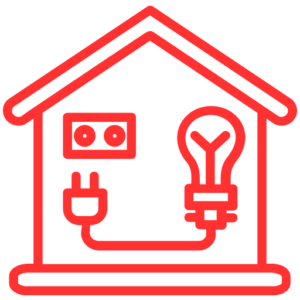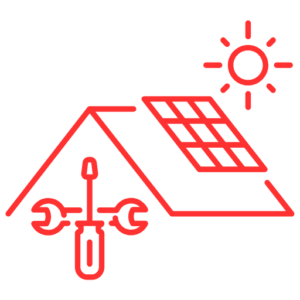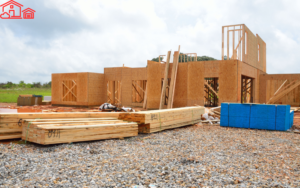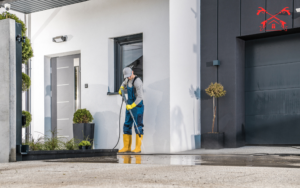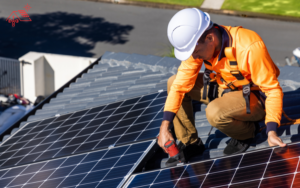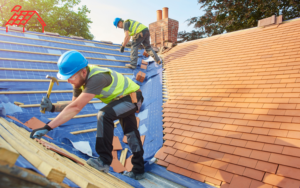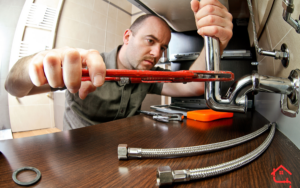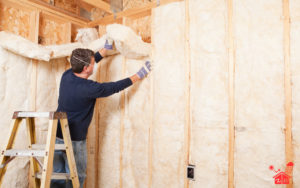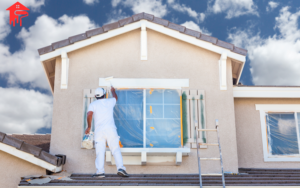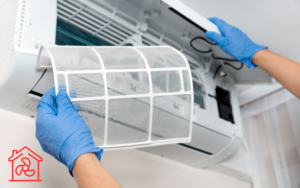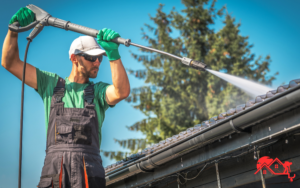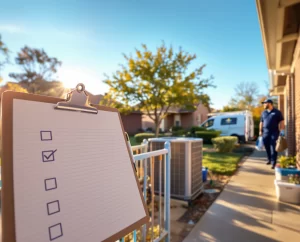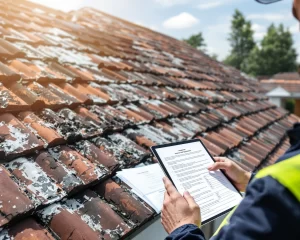Introduction
Welcome! If you’re exploring solar panel options in Andhra Pradesh, you're in good company. Many of us are looking for sustainable energy solutions to reduce our electricity bills and contribute to a greener planet. In this article, I’ll guide you through everything I need to know about solar panel subsidies in Andhra Pradesh, including the installation process and how I can maximize my benefits.
Understanding Solar Panel Subsidies in Andhra Pradesh
Solar panel subsidies in Andhra Pradesh are designed to promote renewable energy usage by making solar energy more accessible and affordable. These subsidies can significantly reduce the installation costs, making it easier for me to invest in solar technology.
Types of Subsidies Available
In Andhra Pradesh, I can benefit from several types of solar subsidies:
- Central Government Subsidies: These are provided by the Ministry of New and Renewable Energy (MNRE).
- State Government Subsidies: The Andhra Pradesh Solar Power Policy offers additional incentives.
Eligibility Criteria for Subsidies
To qualify for these subsidies, I must fulfill certain criteria, including:
- Ownership of the property where the solar panels will be installed.
- The installation must comply with local regulations and standards.
Benefits of Installing Solar Panels
Investing in solar panels comes with numerous advantages:
- Reduced Electricity Bills: I can save significantly on my monthly expenses.
- Environmentally Friendly: Utilizing solar energy reduces my carbon footprint.
- Increased Property Value: Homes with solar installations often see an increase in market value.
The Process of Installing Solar Panels
The process usually involves several steps:
- Site Assessment: A professional evaluates my property for solar feasibility.
- Choosing the Right System: Depending on my energy needs, I can choose between grid-tied, off-grid, or hybrid systems.
- Installation: Professional installers will set up the panels and necessary equipment.
Choosing the Right Installer
When selecting an installer, I need to consider:
- Experience and certifications.
- Reviews and testimonials from previous clients.
DIY vs. Professional Services
While I might consider DIY options, hiring professionals ensures safety and efficiency. Here are some risks of DIY installations:
- Safety Risks: Climbing on roofs can be dangerous without proper training.
- Quality Assurance: Professionals guarantee quality workmanship and compliance with regulations.
Testimonials
“I’m thrilled with my new solar installation! The team was professional, and my electricity bills have dropped significantly.” — Ravi K., Visakhapatnam, AP
“Truzon made everything so easy. I didn’t realize how much I could save until I spoke with them!” — Sneha S., Amaravati, AP
“Not only did I save money, but I also feel great knowing I’m helping the environment.” — Arun M., Tirupati, AP
Did You Know?
Did you know that installing solar panels can increase my home's value by around 4% on average? This makes my investment not only beneficial for the environment but also fruitful in the long run.
TL;DR Summary
- Solar panel subsidies make renewable energy affordable.
- Several types of subsidies are available at both state and national levels.
- Installing solar panels can significantly lower my electricity bills.
- Hiring professionals ensures a safe and efficient installation process.
FAQs
1. How can I apply for solar panel subsidies in Andhra Pradesh?
To apply for solar panel subsidies, I need to submit my application through the designated channels provided by the government. This often involves filling out specific forms and providing documentation that verifies my property’s eligibility.
2. What are the estimated costs for solar panel installation?
The installation costs can vary significantly based on the size of the system and the type of equipment I choose. Inviting a professional for an assessment can help me understand the potential costs and available subsidies.
3. Are there maintenance costs associated with solar panels?
Yes, while solar panels require minimal maintenance, I may incur occasional costs for cleaning and inspections. However, these costs are typically low compared to the savings from reduced energy bills.
4. How long does it take to install solar panels?
The installation process usually takes between one to three days, depending on the system size and any additional installations like inverters or battery storage systems.
5. What happens if my solar panels produce more energy than I need?
If my panels produce surplus energy, many states allow for net metering, where I can sell excess energy back to the grid, potentially further reducing my energy costs.














